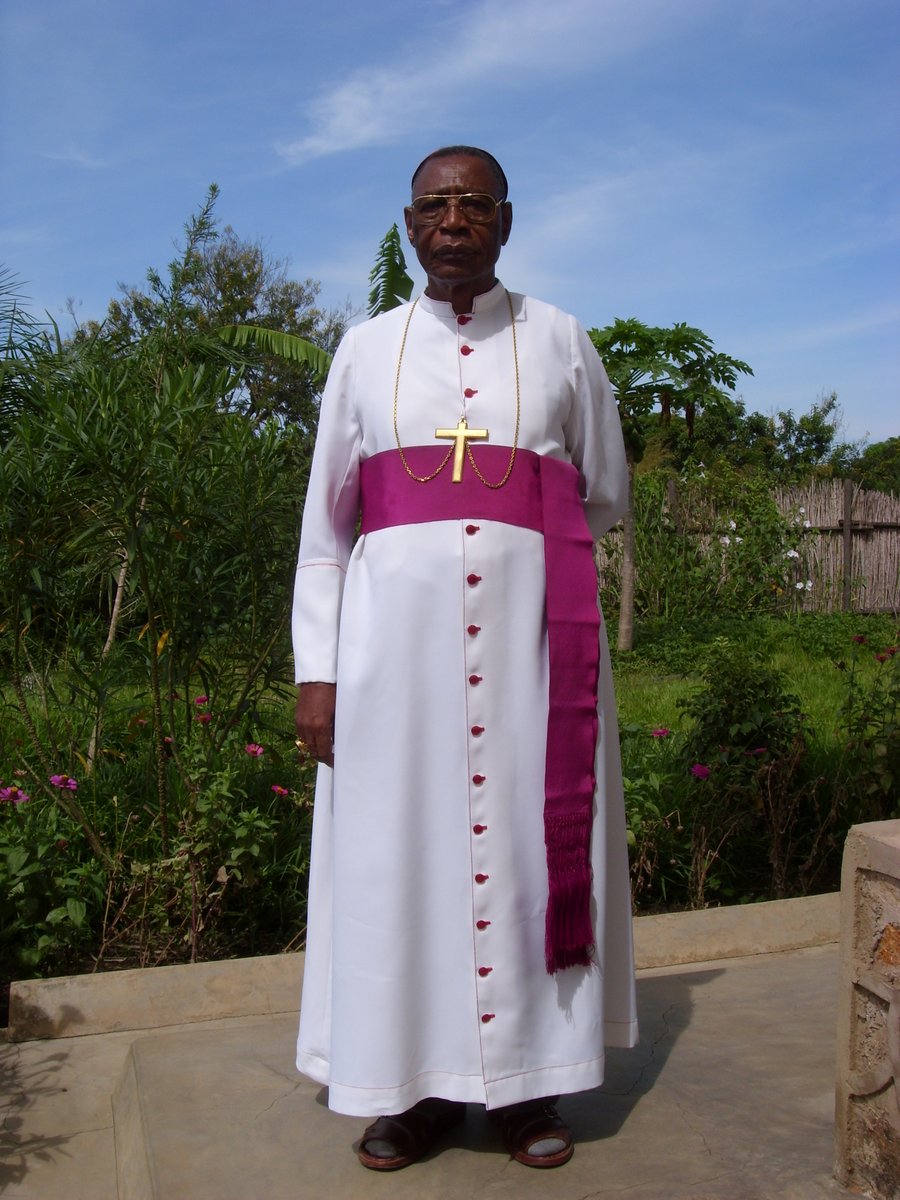Hello! I& #39;m @ReubenLoffman and this is my final thread of the day on the Spiritans. I want to discuss the Congregations& #39; experiences of decolonisation in Kongolo specifically. Just to forewarn: *this thread will contain moderate references to martyrdom and violence.*
Decolonisation had a massive impact on Catholic missionaries in the Belgian Congo. Whereas I have argued that some missionaries flouted the colonial administrations& #39; rules at times early on ( https://www.palgrave.com/gp/book/9783030173791),">https://www.palgrave.com/gp/book/9... many saw the Church and the state as one after WWII.
The close relationship between Catholic missionaries and the Belgian administration during the late colonial period meant that some missionaries became targets of militant nationalists during the 1960s. Many lost their lives. Kongolo presents a case of nationalist violence.
The Spiritans had been working with peoples in Kongolo for much of the colonial period. So they wished to stay when independence was declared in 1960. The difficulty the Spiritans had in particular was that they were in Katanga when the province seceded from the Congo.
Many radical nationalists viewed the secession and the Belgian colonial regime as one and the same thing. This was a particularly dangerous belief for the Spiritans given that they were associated with the colonial state.
One Spiritan, Jules Darmont, served as a chaplain for the Katangese army. When radical nationalists invaded Kongolo in late 1961, they believed that Darmont& #39;s work with the Katangese army meant that the Spiritans in Kongolo were collaborating with the Katangese army.
Twenty Spiritans were arrested and brought to Kongolo& #39;s military camp where they were imprisoned and brutalised. It is likely that their assailants were from the Baluba Party of Katanga (Balubakat) and/or the Congolese National Army but this has not been proved.
On New Year& #39;s Day, the twenty Spiritans that had been arrested were killed. Today, they are remembered in Kongolo as informal martyrs in that their case for sainthood has not been formally investigated by the Church. So, they are not official martyrs.
A struggle for those who remember the sacrifice of the twenty Spiritans has been how to characterise it. The Spiritans died, I think, because they were associated with the Katangese secession and not their faith per se. But they also died because they refused to leave Kongolo.
The sacrifice of the 20 Spiritans is still characterised as martyrdom in some cases ( https://spiritans.org/news/remembering-the-spiritan-martyrs-of-kongolo).">https://spiritans.org/news/reme... To me, this means that the concept of martyrdom is taking on new meanings above and beyond a strict definition. Informal martyrdom has become important in public memory.
After the deaths of so many European missionaries, the Spiritans Africanised many in their hierarchy. Monseigneur Jérôme Nday Kanyangu Lukundwe (1929-2011) took over much of the running of the Kongolo diocese even if he was enthroned as a bishop in 1971.
The lives of the 20 missionaries are still remembered in Kongolo today and I read recently that the process of beatifying them has begun ( https://www.southworld.net/rd-congo-beatification-of-twenty-martyr-missionaries-on-track/).">https://www.southworld.net/rd-congo-... Whether it is successful or not, the Spiritans have had a major impact on the daily life of many in Kongolo. R.A.L

 Read on Twitter
Read on Twitter


